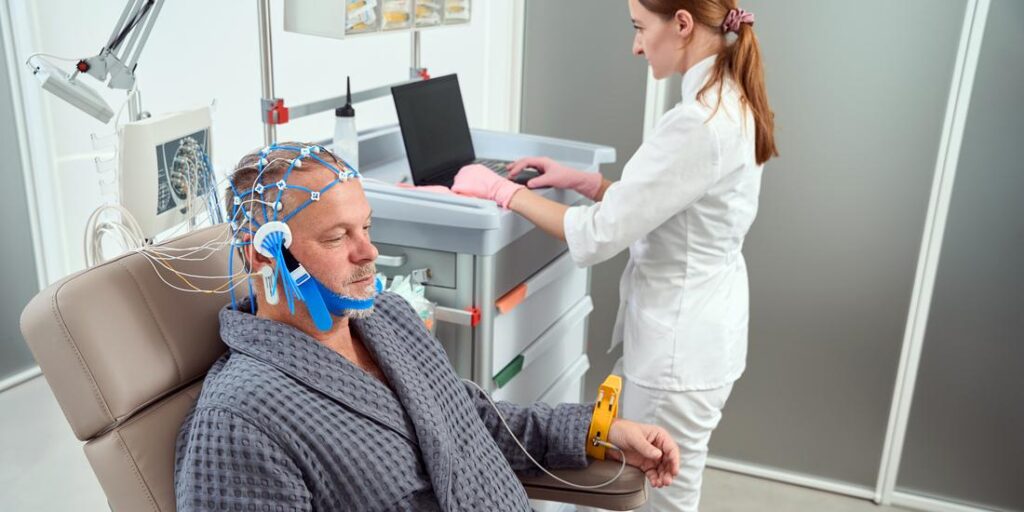
Epilepsy is a neurological disorder that affects the lives of many people and causes unexpected seizures. It is very important to diagnose epilepsy and diagnose seizures. Diagnosis is vital to ensure patients have access to appropriate treatment and management strategies. In this article, we will examine in depth the diagnosis and diagnostic methods of epilepsy.
What is the Diagnosis of Epilepsy?
Diagnosing epilepsy involves diagnosing whether a patient is experiencing persistent seizures and whether these seizures are epileptic. In order for a person to be diagnosed with epilepsy, he or she must have experienced at least two separate seizures. These seizures occur as a result of abnormal changes in brain activity.
Seizure Types and Symptoms
Epilepsy can involve different types of seizures, and each type has its own unique symptoms. These symptoms help doctors make a diagnosis. Symptoms of a general seizure may include loss of consciousness, muscle twitching, and sudden falling. Other types of seizures may present with milder symptoms and go unnoticed by those around a person.
Clinical Evaluation in Epilepsy Diagnosis
Diagnosis of epilepsy is made by a neurologist. The doctor listens to the history and symptoms of the patient’s seizures. Patient testimonials are very important to identify seizures and determine when they started. Additionally, any seizure precipitating factors need to be identified.
Electroencephalography (EEG) Test
One of the most commonly used methods for diagnosing epilepsy is the EEG test. This test measures brain activity and records abnormal electrical activities in the brain during epileptic seizures. EEG plays an important role in diagnosing seizures and determining their type.
Imaging Techniques (MRI and CT Scans)
Computed tomography (CT) and magnetic resonance imaging (MRI) scans are also used to diagnose epilepsy. These imaging techniques can help detect structural abnormalities and tumors in the brain.
Blood and Urine Tests
In some cases, blood or urine tests can help determine the cause of seizures. Such tests are especially used in the diagnosis of metabolic seizures.
Epilepsy Diagnosis and Treatment Methods
Once the diagnosis of epilepsy is made, a treatment plan is prepared. Treatment may often include antiepileptic medications, diet, surgery, or other treatment methods. Treatment aims to control seizures and improve the patient’s quality of life.
When epilepsy is properly managed through diagnosis and diagnostic processes, many people can live normal lives and keep their seizures under control. The treatment process requires cooperation between patient and doctor and takes into account individual needs.
Ultimately, diagnosis of epilepsy, when done correctly, provides patients with access to appropriate treatment and management strategies. Therefore, anyone experiencing symptoms of epilepsy should contact a neurologist. And it is important that he receives the necessary diagnosis and treatment.